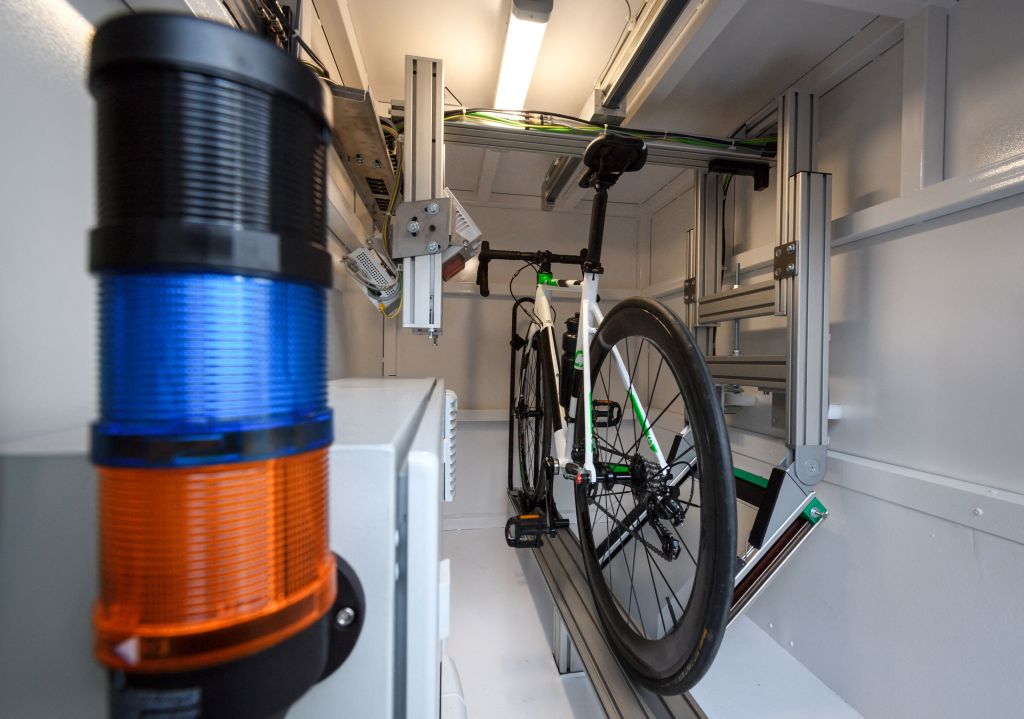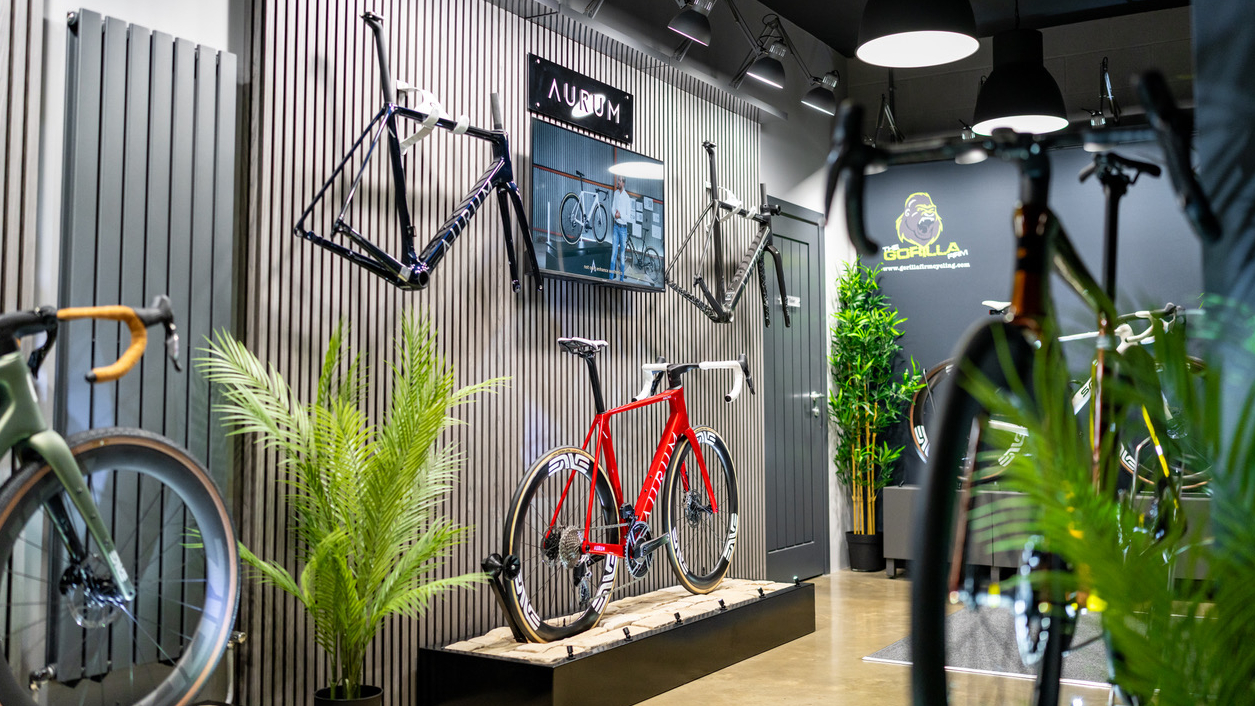Tour de France judges to study video for 'suspicious behaviour' in continued fight against motor doping
Power data, hormone levels added to longitudinal anti-doping profiles for Tour riders

The latest race content, interviews, features, reviews and expert buying guides, direct to your inbox!
You are now subscribed
Your newsletter sign-up was successful
The UCI rolled out its plan to detect and deter doping and technological fraud during the 2025 Tour de France, revealing that its independent testing organisation, the International Testing Agency (ITA) will be combining "data-driven" methods with its anti-doping controls to ensure a level playing field.
The UCI outsourced its doping controls to the ITA starting in 2021, with some of the federation's Cycling Anti-Doping Foundation employees moving across to a dedicated cycling unit. The ITA said it doubled the resources devoted to cycling last year, using "enhanced investigative powers" to lead data-driven investigations.
For the Tour de France, the ITA has increased its traditional urine and blood doping controls and analysis to detect performance-enhancing drugs directly. They will also be emphasizing longitudinal analysis (changes over time) by expanding the blood biological passport to include steroid and hormone levels to detect markers of abuse of difficult-to-detect substances such as human Growth Hormone (hGH).
The ITA is also adding longitudinal analysis of power data from the men's pro peloton as a way to "guide targeted testing and advanced laboratory analysis, prioritise investigations and refine its long-term sample storage".
During the Tour de France, ITA expects to collect upwards of 600 urine and blood samples, with 350 coming as out-of-competition tests before the Grand Depart in Lille on Saturday. They will also use data and intelligence to select samples to be retained for long-term storage and re-analysis during the allowed 10-year window. The ITA re-analysed 490 samples collected in 2015 and all came back negative.
Doping controls during the three-week Tour de France will automatically include the yellow jersey wearer and stage winner each day, but will also include pre-race controls and random testing outside of the usual post-stage period.
"The Tour de France is not only one of the most iconic events in sport, it is also a key moment for protecting the integrity of cycling," ITA Director General Benjamin Cohen said.
The latest race content, interviews, features, reviews and expert buying guides, direct to your inbox!
"Our approach in 2025 reflects a continued commitment to intelligent, data-driven anti-doping strategies grounded in science, collaboration and continuous improvement.
"By combining targeted testing with advanced analytical tools such as the endocrine module, long-term sample storage and performance monitoring initiatives, we aim to ensure that this prestigious race is contested on a level playing field. We are proud to lead these efforts on behalf of the UCI and in close coordination with all our trusted partners."
Drugs aren't the only concern when it comes to rooting out cheaters. The UCI will increase its targeted checks for technological fraud by 17% compared to the 192 X-ray checks performed at the 2024 Tour de France, carrying out pre-stage checks using magnetic tablets and other methods.
The UCI will also employ their Video Commissaire and in-race officials to look for "anything that arouses suspicion" to target further checks. They are also continuing their "Rewards Programme" which offers "incentives" for "actionable information and intelligence on technological fraud".
UCI Director General Amina Lanaya said: "The UCI once again has a comprehensive programme in place to fight against technological fraud at the Tour de France. It is important that everyone can be sure that the athletes' performances are due to their personal physical performance – not motors. Our responsibility is to stay ahead of any threat to the fairness of competition, and we continue to invest in robust detection systems and intelligence frameworks to ensure all riders and teams compete on equal terms."
The Tour de France is the biggest race in cycling, and a Cyclingnews subscription offers you unlimited access to our unrivalled coverage. Get all the breaking news and analysis from our team on the ground in France, plus the latest pro tech, live race reports, and a daily subscriber-only newsletter with exclusive insight into the action. Find out more.

Laura Weislo has been with Cyclingnews since 2006 after making a switch from a career in science. As Managing Editor, she coordinates coverage for North American events and global news. As former elite-level road racer who dabbled in cyclo-cross and track, Laura has a passion for all three disciplines. When not working she likes to go camping and explore lesser traveled roads, paths and gravel tracks. Laura specialises in covering doping, anti-doping, UCI governance and performing data analysis.
You must confirm your public display name before commenting
Please logout and then login again, you will then be prompted to enter your display name.
